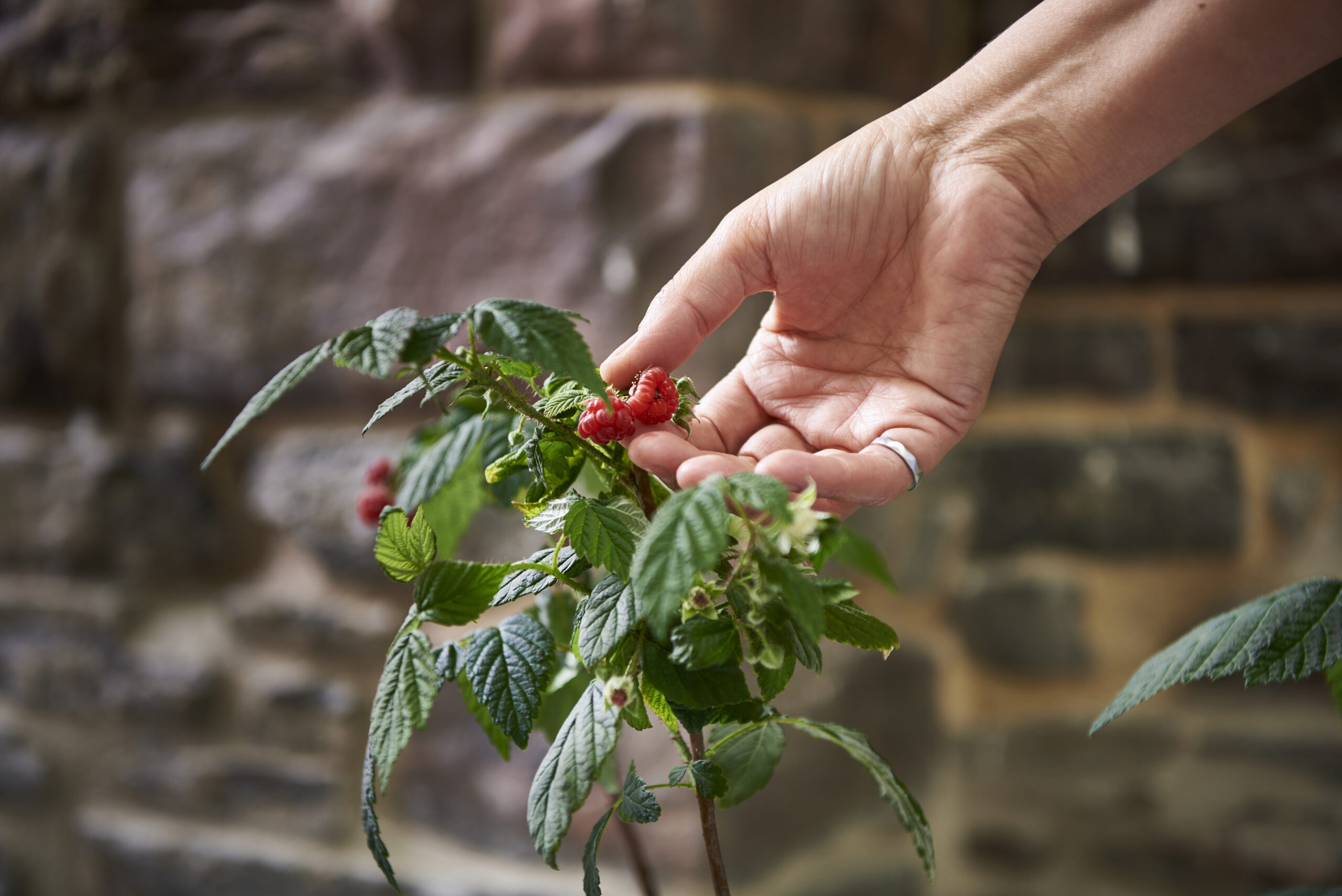At the outset of the pandemic, the Weston Family Foundation was inspired to make a significant long-term investment in Canadian food sovereignty.
Setting the target
Through extensive research, consultation, and collaboration, we focused on a specific problem that required innovative and ambitious solutions.
Stimulating Canadian-led solutions
The Homegrown Innovation Challenge uses a challenge-prize model that offers key advantages over traditional grant-making.
The Challenge Timeline
This dynamic timeline illustrates our stage-gate approach to deploying grants, shows the Challenge milestones accomplished to date, and provides information about the important stages still to come.
Launch the Challenge
The Weston Family Foundation announced the Homegrown Innovation Challenge, a competition to generate solutions that enable domestic food producers to grow berries out-of-season, sustainably, competitively, and at scale.
Applications to the Spark Phase close
Applications to the Spark Phase were due on May 3, 2022. Participation in the Spark Phase was not a prerequisite to apply to the Shepherd Phase of the Challenge.
Assessment 1
The independent judging panel selected 15 grantee teams to receive Spark Awards.
Spark Phase
Spark Awards of up to $50,000 were used by grantees to support development of their concept, build-out of their team and preparation of their full proposal (including technical plan) for the Shepherd Phase.
Applications to the Shepherd Phase close
The deadline for applications to the Shepherd Phase of the Challenge was on January 5, 2023. Only Shepherd Phase grantees will be considered for future phases of the Homegrown Innovation Challenge.
Assessment 2
The independent judging panel selected 11 grantee teams for the Shepherd Phase.
Shepherd Phase
The 11 grantee teams were awarded up to $1 million each over 18 months to develop and demonstrate a small-scale proof of concept of their system, generating evidence and learning to be assessed for progression to the Scaling Phase.
Assessment 3
The independent judging panel selects four grantee teams for the Scaling Phase.
Scaling Phase
Each of the four grantee teams selected from the Shepherd Phase is awarded up to $5 million across three years to build and demonstrate its system at farm scale, providing the judging panel with evidence that the team has achieved the objective set out in the Challenge statement.
Assessment 4
Challenge winners are selected.
Winners announced
One to two grantee teams selected from the Scaling Phase are announced as Challenge winners. One million dollars each is available to the technology breakthrough winner and the overall Challenge winner (both awards could be won by the same team).

